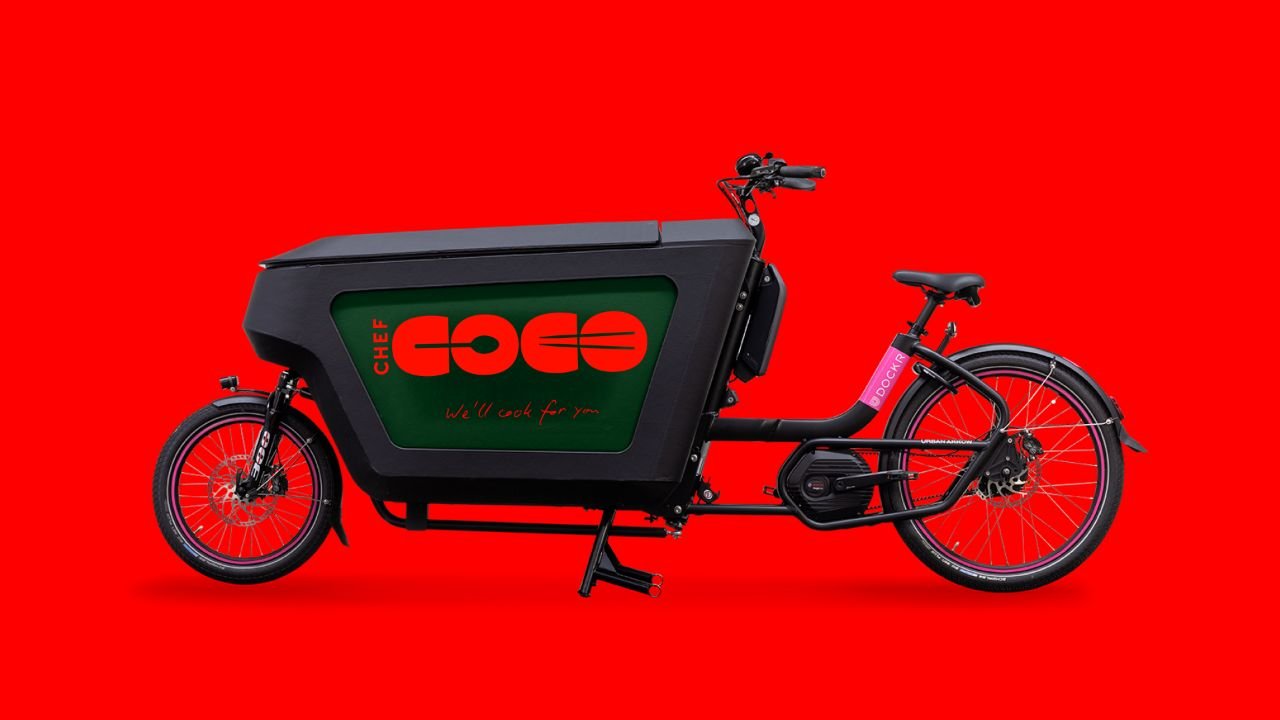Unfortunately, every time a sector catches heat there's likely to be a trough eventually. Look at the storm that has opened on Europe's food delivery space, and indeed on deliveries globally. A demand surge forged mainly on altered habits during COVID-19 has started to evaporate, leading to a wave of M&A consolidation, lay-offs, and some businesses closing.
ChefCoco thinks it can buck this trend. It's emerging from stealth to debut a cooked meal delivery service geared to German hybrid workers, currently active in the Berlin metropolitan area.
The menu changes each week, and customers can customise meals or elect to change their time of delivery or recipient address, furthering the appeal to today's more flexible workforce.
Whether there are sustainability gains to be had, by giving busy workers more opportunities to have goods delivered, is a matter for debate. One of the biggest arguments in favour is the reduced rush hour traffic as fewer people head out to do their shopping, but food delivery companies still face significant scrutiny over their sustainability record.
ChefCoco has looked to maximise its sustainability score by cutting down on food waste.
Each meal comes packaged in a reusable container, and the delivery routes traversed by its driver fleet are pretty compact, likely taking in just a few Berlin neighbourhoods. That's in stark contrast to the cross-city bike rush commonplace at many rapid delivery firms.
ChefCoco was incorporated in 2019 but was originally pitched as an urban mobility aggregation business. Founder Shaminder Dhillion made a massive call to pivot the company to food delivery; originally the switch was expected to satisfy COVID lockdown demand.
The landscape for meal deliveries no longer seems quite as fertile, but every trend has its outliers, and ChefCoco believes it is up to the challenge.
ChefCoco's new business model launched last year. Also in 2022, it secured €1.25 million of pre-seed funds in a round led by the Berlin-HQed early stage VC FoodLabs, with backing from angel investors such as Felix Jahn, Philipp Kreibohm, and Gesa Miczaika.
Tentative signs of a growth surge have given ChefCoco founder Shaminder Dhillon reasons to be optimistic. Across the first part of January, the team has reported a two-fold increase in subscribers. Now having left stealth, ChefCoco expects to launch delivery fleets in more German cities and will diversify its meal selection to offer more than lunch and dinner.
Only time can tell whether ChefCoco has the X-factor to succeed where the likes of Germany's Yababa seemingly have failed. But it is hard to argue with the execution of its concept, says FoodLabs founding partner Christophe Maire.
"Right from the start we have been impressed by the ambition and execution of the ChefCoco founder, building a new product category in one the largest global markets." Maire said.



Would you like to write the first comment?
Login to post comments